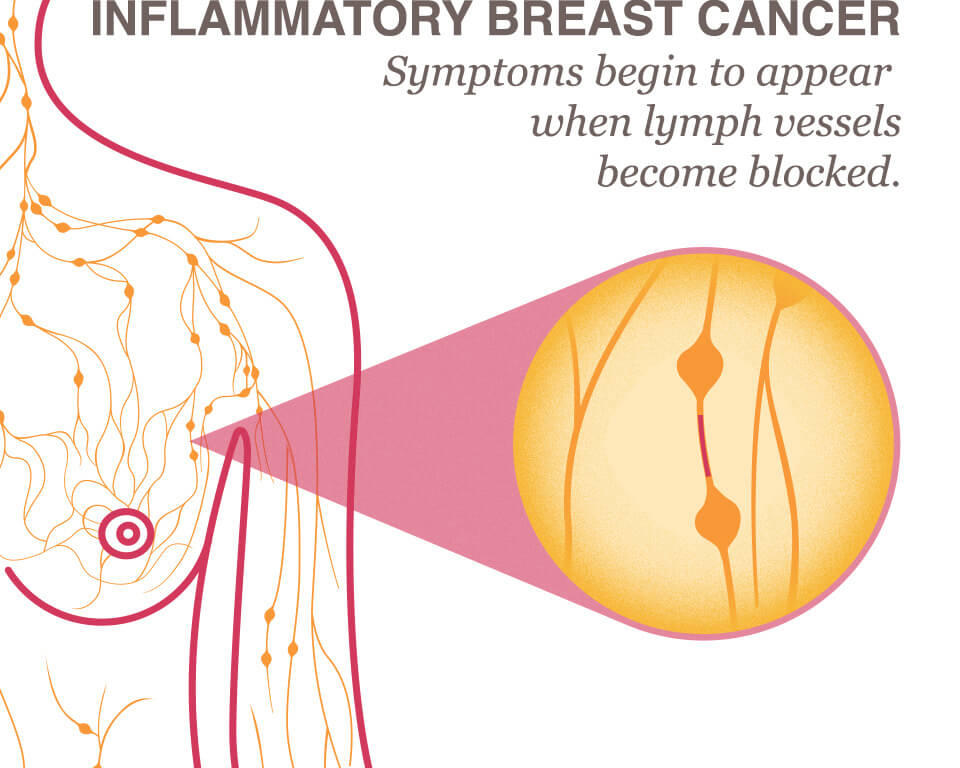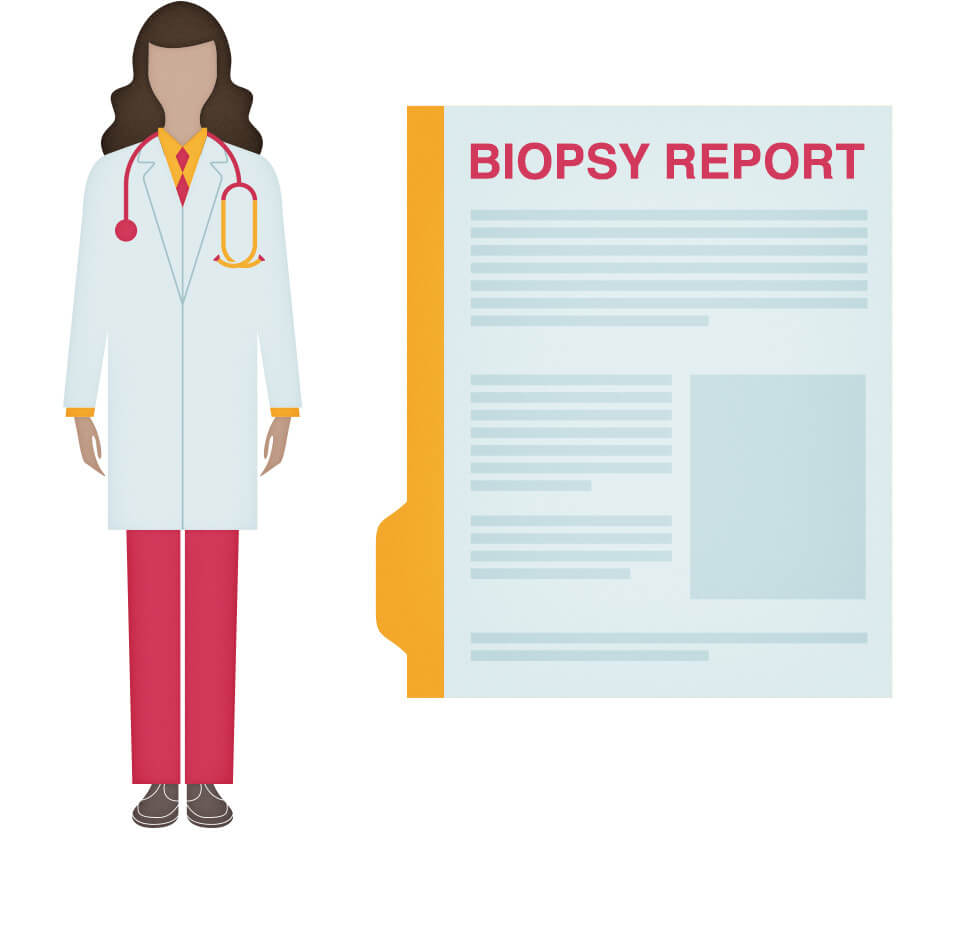What Is Inflammatory Breast Cancer (IBC)?
Inflammatory breast cancer is an an aggressive and fast growing breast cancer in which cancer cells infiltrate the skin and lymph vessels of the breast. It often produces no distinct tumor or lump that can be felt and isolated within the breast. But when the lymph vessels become blocked by the breast cancer cells, symptoms begin to appear.







